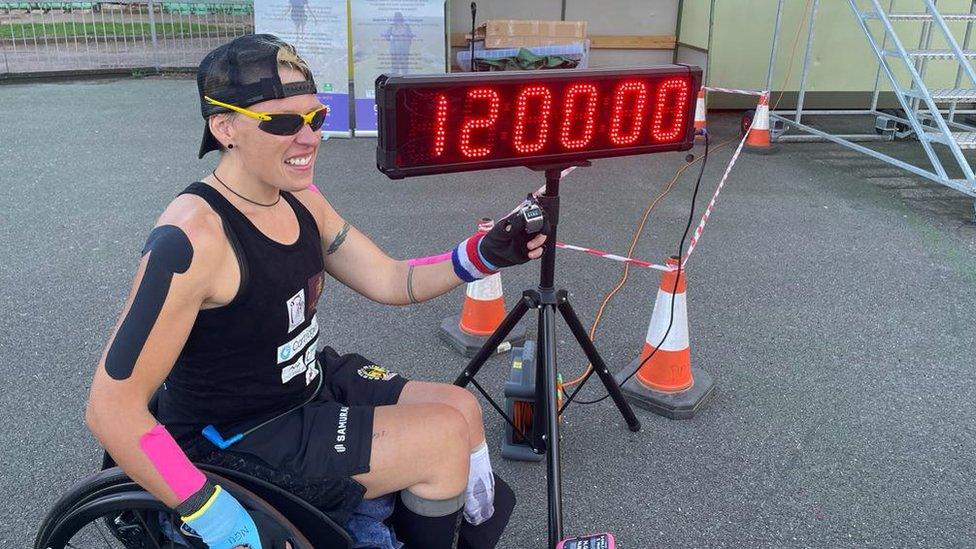'I hid my pain from loved ones for 25 years'
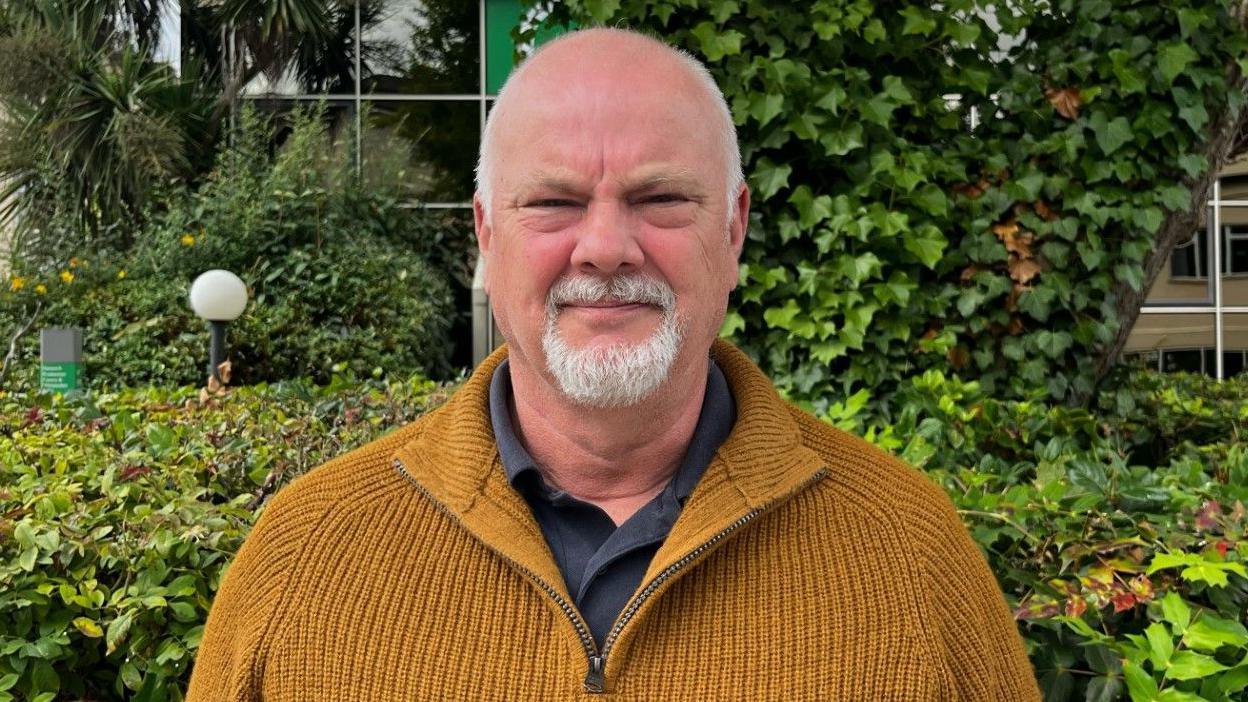
Andy Grealer says opening up about his fibromyalgia has helped him to feel less alone
- Published
A man who has been living with chronic pain for 25 years said he had hid his condition because he did not want to "burden" friends and family.
Andy Gealer suffers from fibromyalgia - a condition which causes widespread pain and extreme tiredness.
The 58-year-old from Nailsea, near Bristol, said his condition had grown so debilitating he had had thoughts of ending his life.
He said he had been shocked by how much support he had received after telling friends and colleagues what he had been going through by writing them a letter.
Speaking to BBC Radio Bristol's John Darvall show, Mr Gealer said: "I just got really, really low to the extent that I didn't want to get out of bed. I didn't want to do anything."
He said he believed his illness had started with a forklift injury in 1996.
"I started getting pain and I couldn't really put it down to anything," he said, explaining there was not much understanding about the illness at the time.
Before he was diagnosed with fibromyalgia, Mr Grealer was very active, taking part in marathons.
But since his illness began, exercise can cause him painful flare ups.
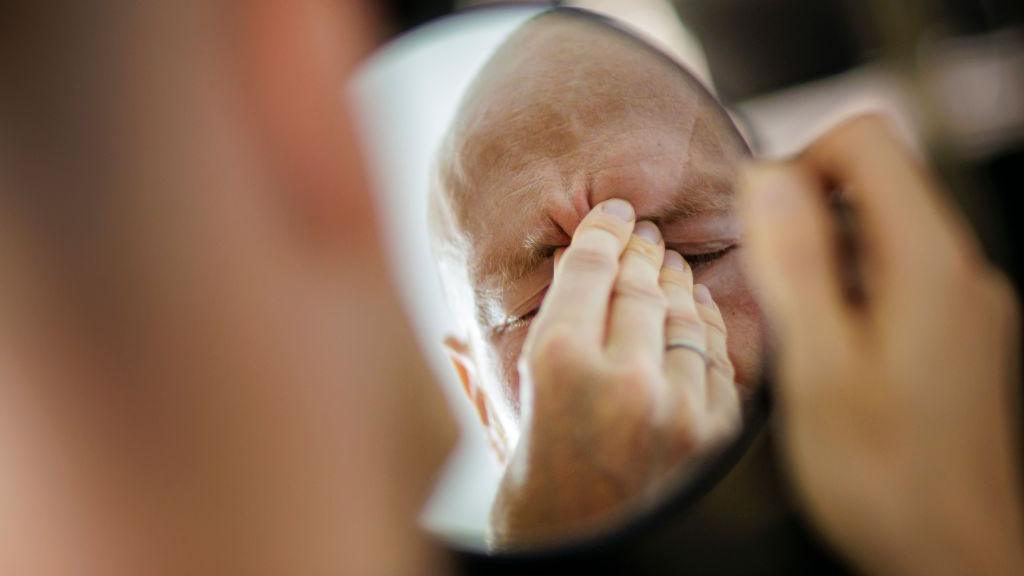
Fibromyalgia can cause a range of different symptoms, such as headaches
Fibromyalgia symptoms
According to the NHS, the symptoms of fibromyalgia include, external:
Widespread pain
Extreme sensitivity
Stiffness
Fatigue
Poor sleep quality
Cognitive problems
Headaches
Irritable bowel syndrome
Mr Grealer explained that he chose not to tell his loved ones about his condition out of fear of "burdening" people.
"You don't want to bother people every day of the week, [saying] 'I'm in pain here', because the following day, the pain moves around. It doesn't just stay in one place," he said.
"It's probably also a man thing," he added. "If you're telling people you've got pain every day, people are going to get fed up of it. Women talk about it, but guys don't."
If you or someone you know are having feelings of despair, BBC Action Line has details of organisations that can offer advice and support.
'Not keeping up with science'
A spokesperson for Fibromyalgia Action UK said: "While in the general population we would see maybe one in 20 people with fibromyalgia, we would see one in 160 people with fibromyalgia being male."
They added that in the past, diagnostic criteria would apply to fewer men, due to stereotypes but also the different muscle structure men have.
The spokesperson said: "We still have this happening as some doctors are unfortunately still not keeping up with the science and therefore there are males not being diagnosed or treated.
"We know that men are less likely to go to the doctors, have issues with their status of being strong and not talking about their feelings.
"This means they are less likely to receive understanding when they are in pain with no visible signs of disability, and no wider understanding of the condition."
Since he started opening up to others, Mr Grealer said he was in a "much better place".
He works as an ambulance driver for the Bristol Port Company and helps out at the Maritime Volunteer Service.
"I've had dockers come up to me and say that they're glad to see that I'm okay.
"[They] didn't understand fibromyalgia, but we talk about it regularly now," he added.
Mr Grealer said he wanted to encourage others who were going through something similar to speak up and not suffer in silence.
"Talk to your family, talk to your friends, because they will step up," he said. "By talking, I know I'm not alone."
Get in touch
Tell us which stories we should cover in Bristol
Follow BBC Bristol on Facebook, external, X, external and Instagram, external. Send your story ideas to us on email or via WhatsApp on 0800 313 4630.
Related topics
- Published8 August 2024
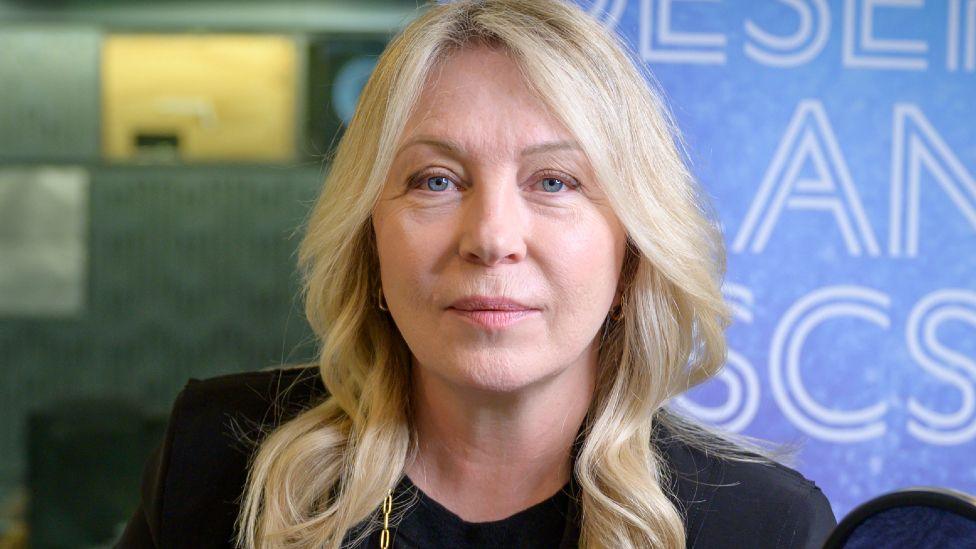
- Published6 April 2021
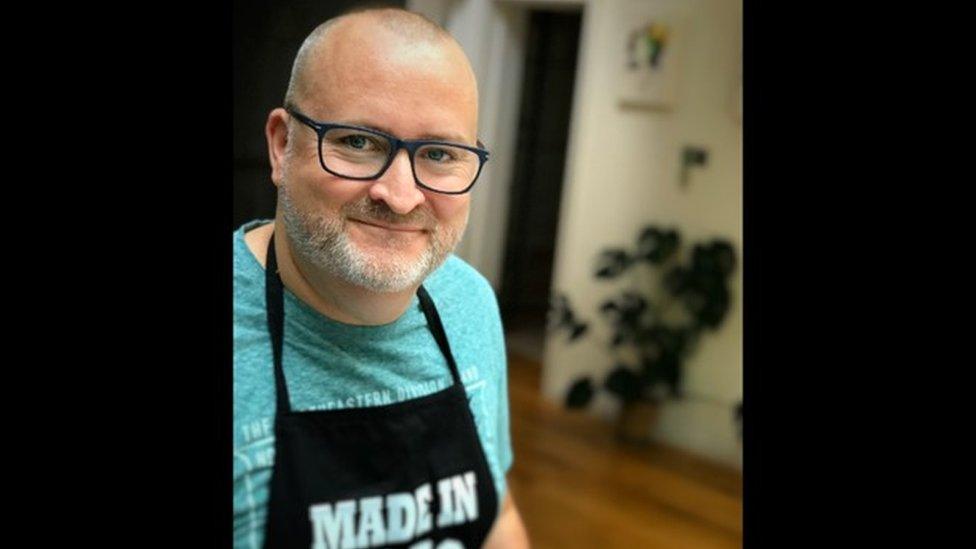
- Published21 August 2023
